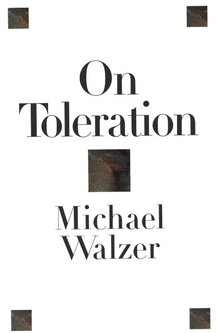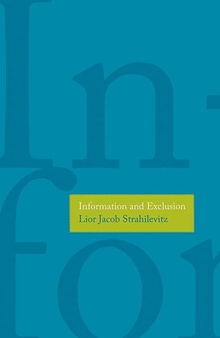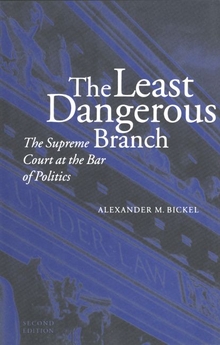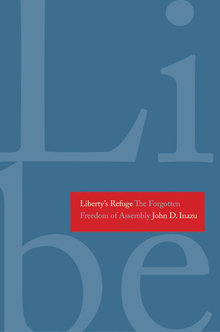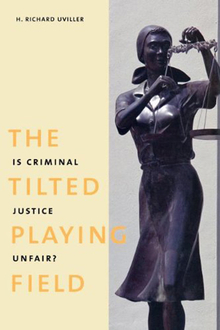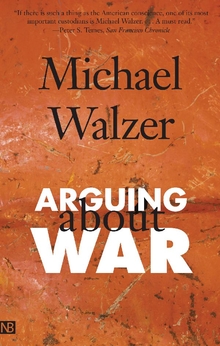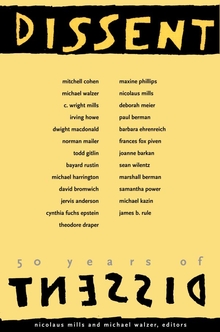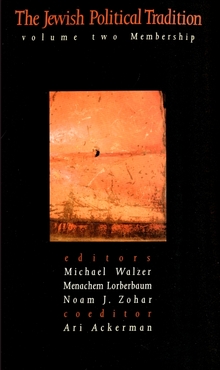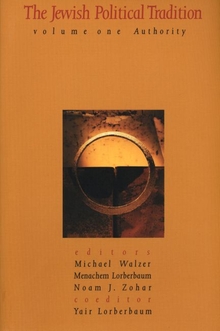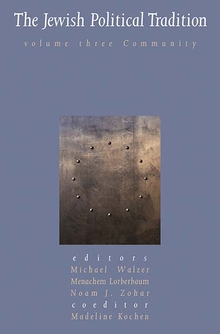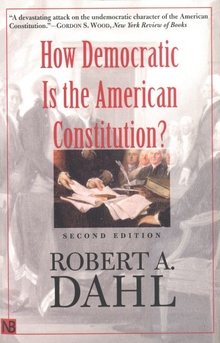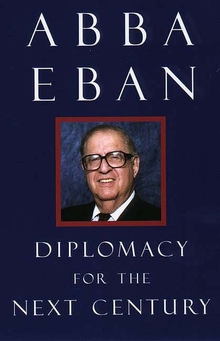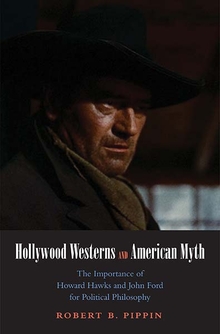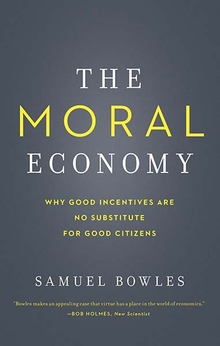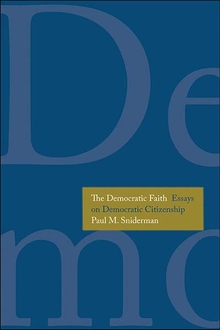On Toleration
WARNING
You are viewing an older version of the Yalebooks website. Please visit out new website with more updated information and a better user experience: https://www.yalebooks.com
Michael Walzer
Walzer offers an eloquent defense of toleration, group differences, and pluralism, moving quickly from theory to practical issues, concrete examples, and hard questions. His concluding argument is focused on the contemporary United States and represents an effort to join and advance the debates about "culture war," the "politics of difference," and the "disuniting of America." Although he takes a grim view of contemporary politics, he is optimistic about the possibility of coexistence: cultural pluralism and a common citizenship can go together, he suggests, in a strong and egalitarian democracy.
A selection of Readers’ Subscription
"A wonderfully lucid piece on a very important topic. It is a pleasure to read, and displays that extremely rare combination of conceptual clarity and historical concreteness that distinguishes Michael Walzer's best work."—Bernard Yack
"I do not know of any work on toleration that approaches this in originality, insight, and common sense."—Jane Mansbridge
"With characteristic elegance, Michael Walzer shows that toleration is not a philosophical principle with a single justification but a political practice with many faces. From the multinational empires of old to the immigrant societies of today, he draws wise lessons of caution, and of hope, for coping with the dilemmas of cultural pluralism."—Michael J. Sandel
"An examination of the kinds of political arrangements that enable people from different national, racial, religious, or ethnic groups to live together in peace."—American Bookseller
"In pursuit of his ideal, Walzer offers an eloquent defence of toleration, group differences and pluralism, moving between theory, practical issues, concrete examples and hard questions. Grim as he may be about contemporary politics, he is optimistic about the possibility of coexistence in which cultural pluralism and common citizenship can go together in a strong and egalitarian society."—Serge Liberman, Australian Jewish News
"The genius of Walzer's little book . . . is how realistic it is about the contradictions confronting those who would create an open society. He is especially good at dissecting our strange time when individuals have very weak attachments to their communities. . . . Walzer's conclusion is that toleration is easier in societies where economic inequalities are not vast, where individuals have opportunities for advancement, where intermediate associations—family, ethnic, union, political—are strong."—E.J. Dionne, Jr., Commonweal
"A superb study of the concept [of toleration] as it needs to be addressed in a late twentieth century context and further, [it] has the potential of becoming a benchmark in the area of moral, social and political philosophy."—Suzan Turner, Ethica
"On Toleration has much to recommend it: the author's humanity, his awareness that philosophy should remain with at least one foot in the 'cave' of the human world and his useful description of how different peoples have tolerated the stranger in their midst. All point the way forward to further work in this area. It would be a happy event if all contemporary political philosophy proved so worthy of study."—Brain C. Anderson, IC Book Forum (Intellectual Capital.com)
"An engaging collection of essays. . . . Scholars of all interests and abilities should study this book carefully as Walzer provides a sage perspective on issues of political tolerance and multiculturalism."—Michael Kessler, Journal of Religion
"Political philosopher and social critic Walzer delivers elegantly turned, highly nuanced reflections on what it takes in a democratic society for different groups to live together in peace. . . . Walzer speaks of the paradoxes of power in democratic society with clarity and eloquence. He not only maintains that the US has become socially (though not economically) more egalitarian over the last 50 years, but he also confirms its capacity for further evolution, while conceding that this process may not always be harmonious."—Kirkus Reviews
"On Toleration, a tight-knit, elegant and agreeably compact analysis of the subject by Michael Walzer, the prolific political theorist, could not be more timely."—Jonathan Rauch, Los Angeles Times
"Elegant. . . Sensible and humane."—K. Anthony Appiah, New York Review
"Michael Walzer's On Toleration is a timely, original and illuminating contribution. . . . [It] is an original and wide-ranging treatment of the contours and diverse effects of tolerance and intolerance, with a communitarian twist. It is an excellent introduction to debates over the relationships between the individual and the community, culture and reason, peace and justice, and their relevance to a culturally diverse and fluid world."—Pacifica Review
"The discussion is fascinating, insightful and provides an excellent backdrop against which a number of issues in the area of political philosophy might be brought into striking relief; especially for the beginner." —Susan M. Turner, Philosophy in Review
"Interesting insights into power, class, gender, religion, education and civil religion." —Publishers Weekly
"[Walzer] is in fact one of the most astute, sensible, compassionate and well informed theorists of the political currently writing. . . . It is a brief but elegant and clearly formulated meditation on the problem of multiculturalism. Its concision, directness and relevance are exemplary, providing a model which authors of other more extended and laboured studies of the subject would do well to emulate."—David Archard, Radical Philosophy
"[A] trim and very attractive book."—Avishai Margalit, Times Literary Supplement
"Walzer is a pre-eminent political theorist, whose work is highly regarded, elegantly written and always readable, as well as accessible. . . . [This is an] excellent book."—Jennifer Curtis, Toronto Globe and Mail
"The genius of Walzer's little book . . . is how realistic it is about the contradictions confronting those who would create an open society."—E.J. Dionne, Jr., Washington Post
Publication Date: April 10, 1999

